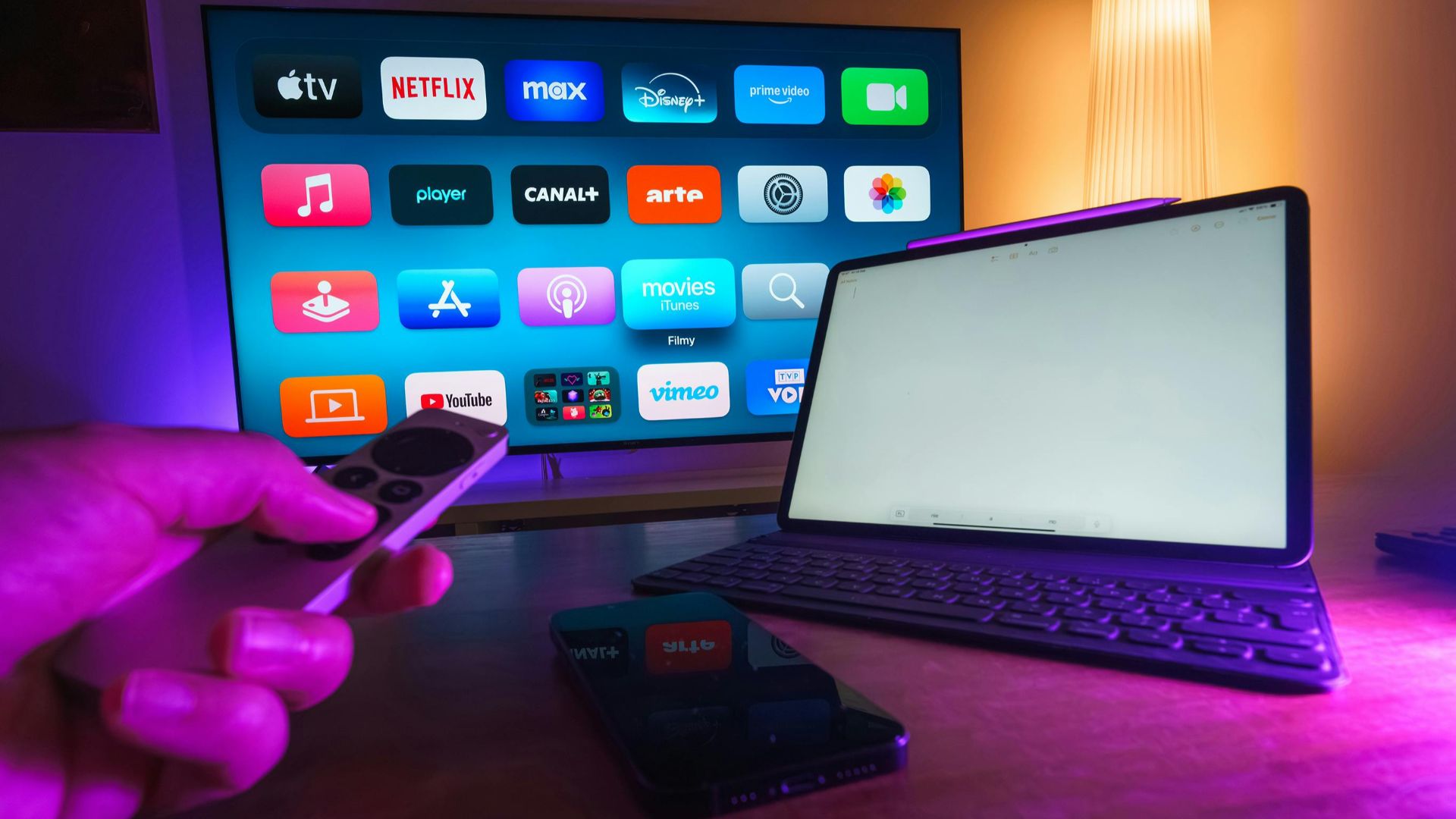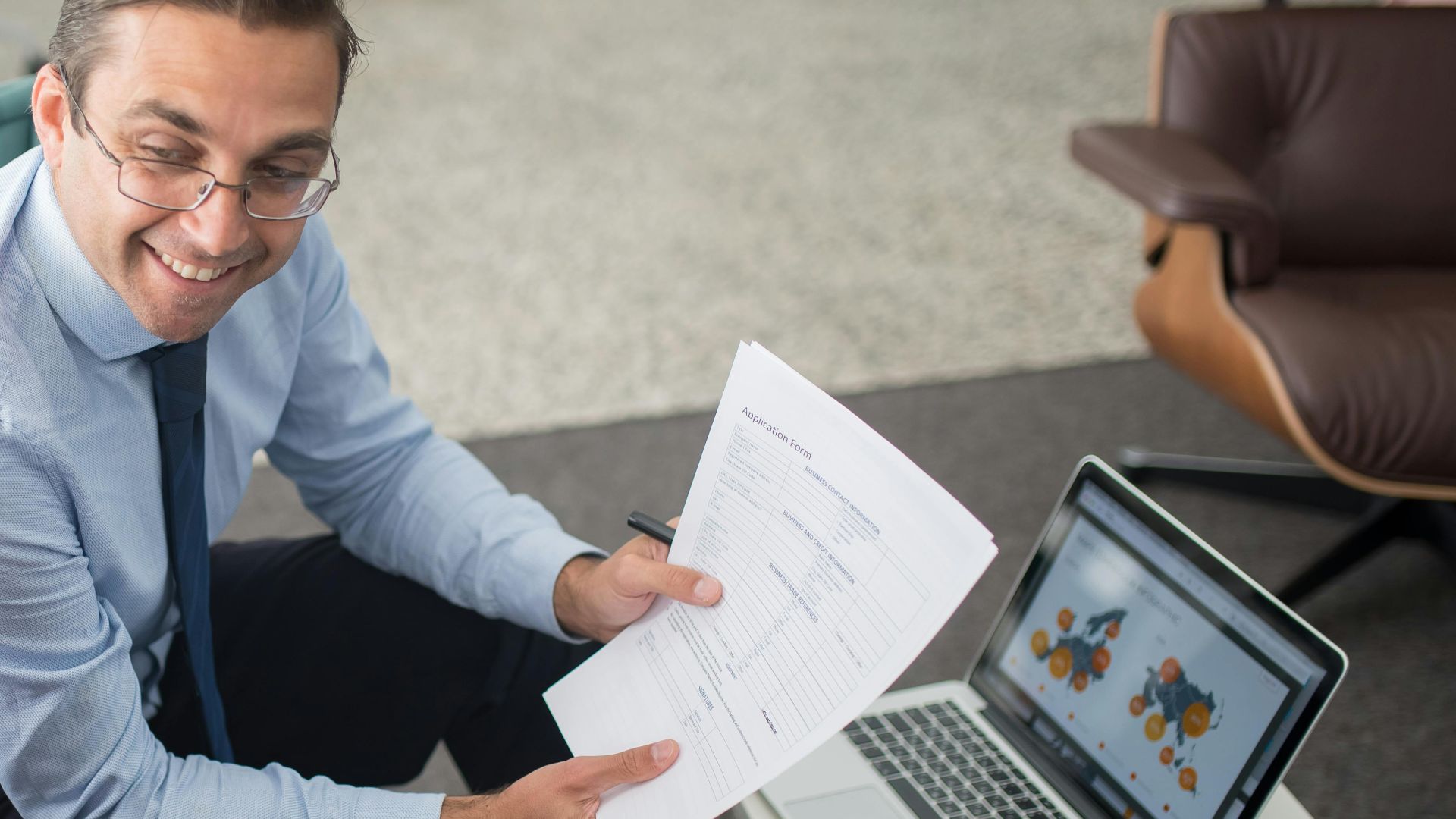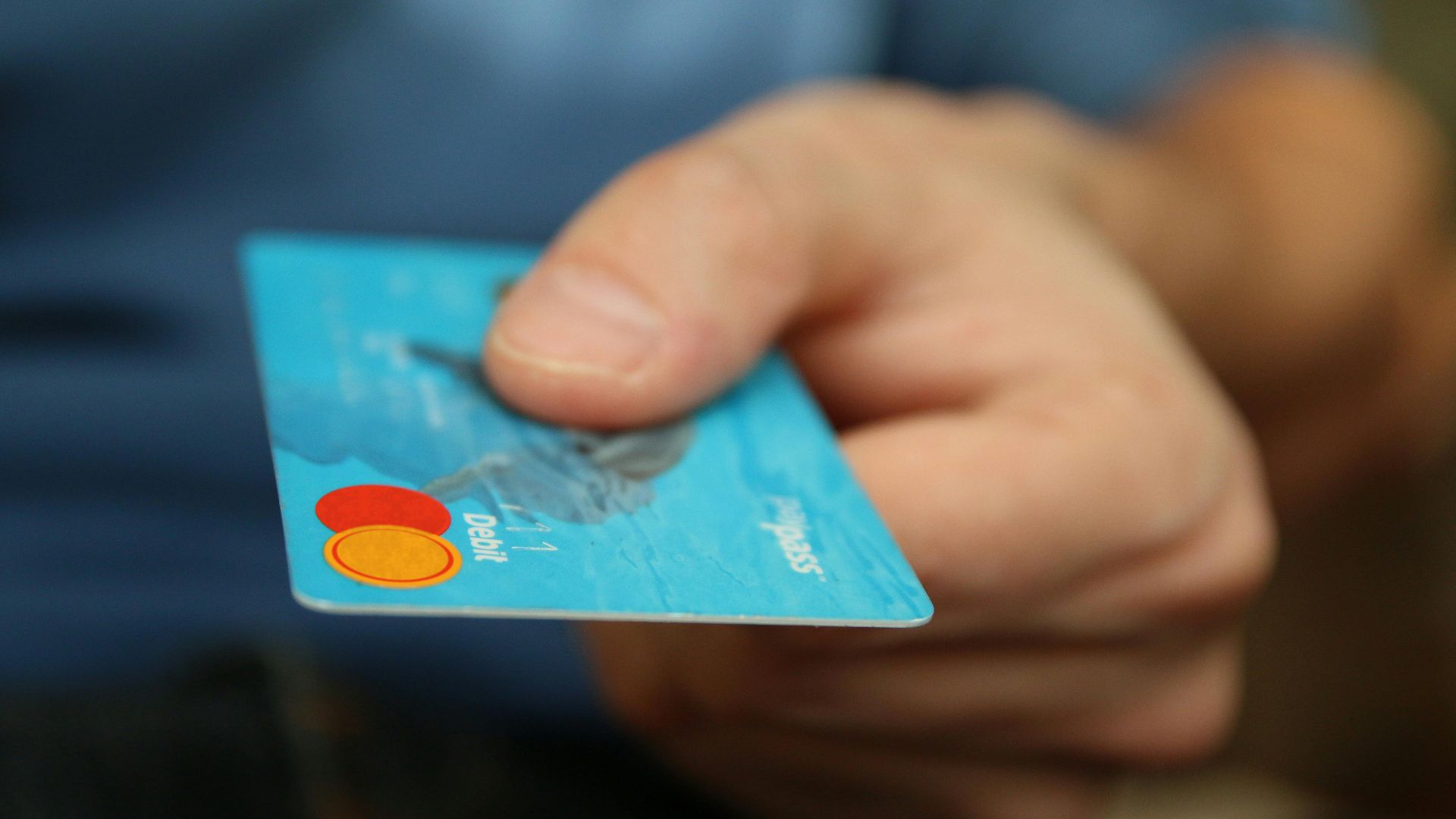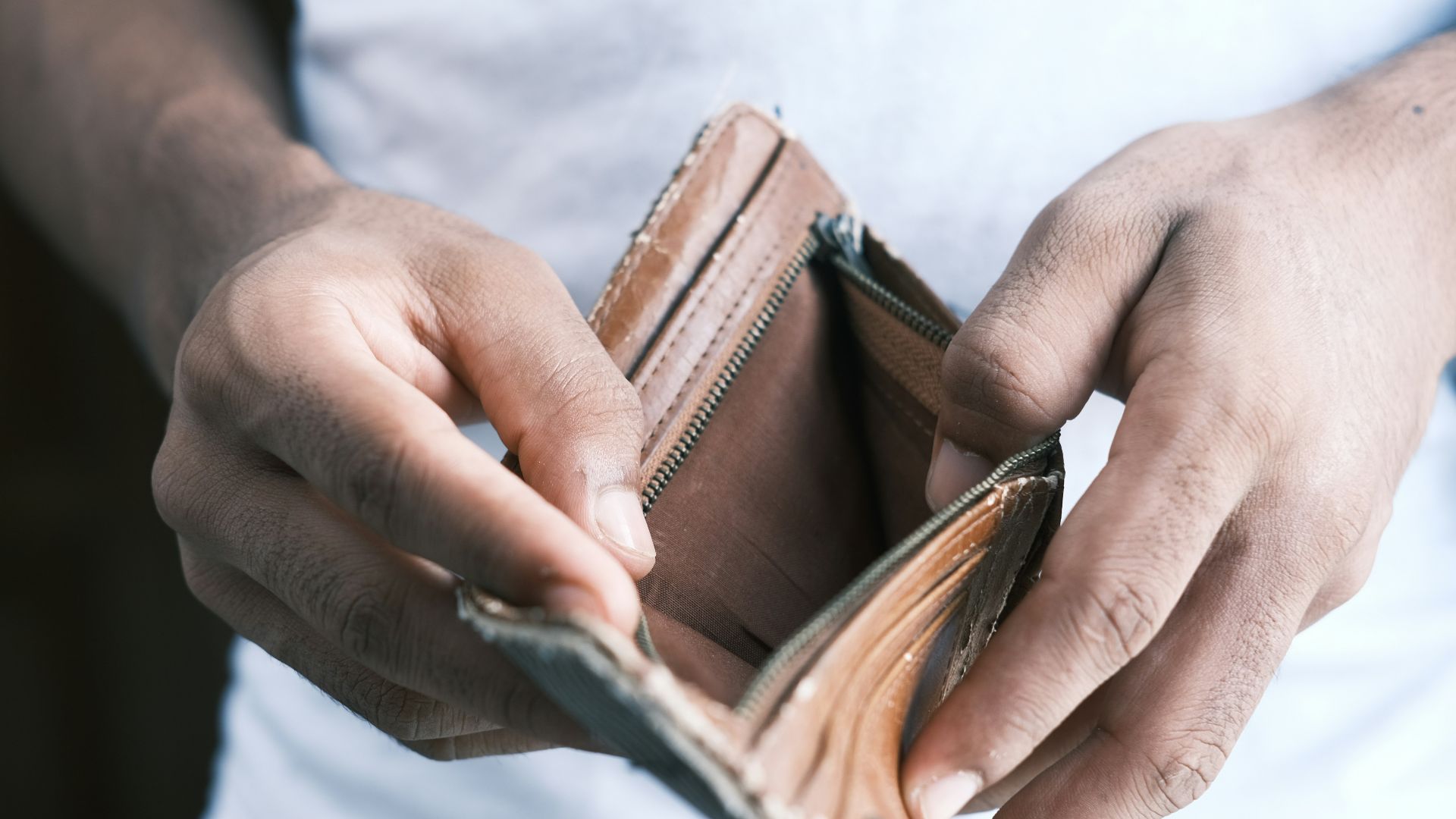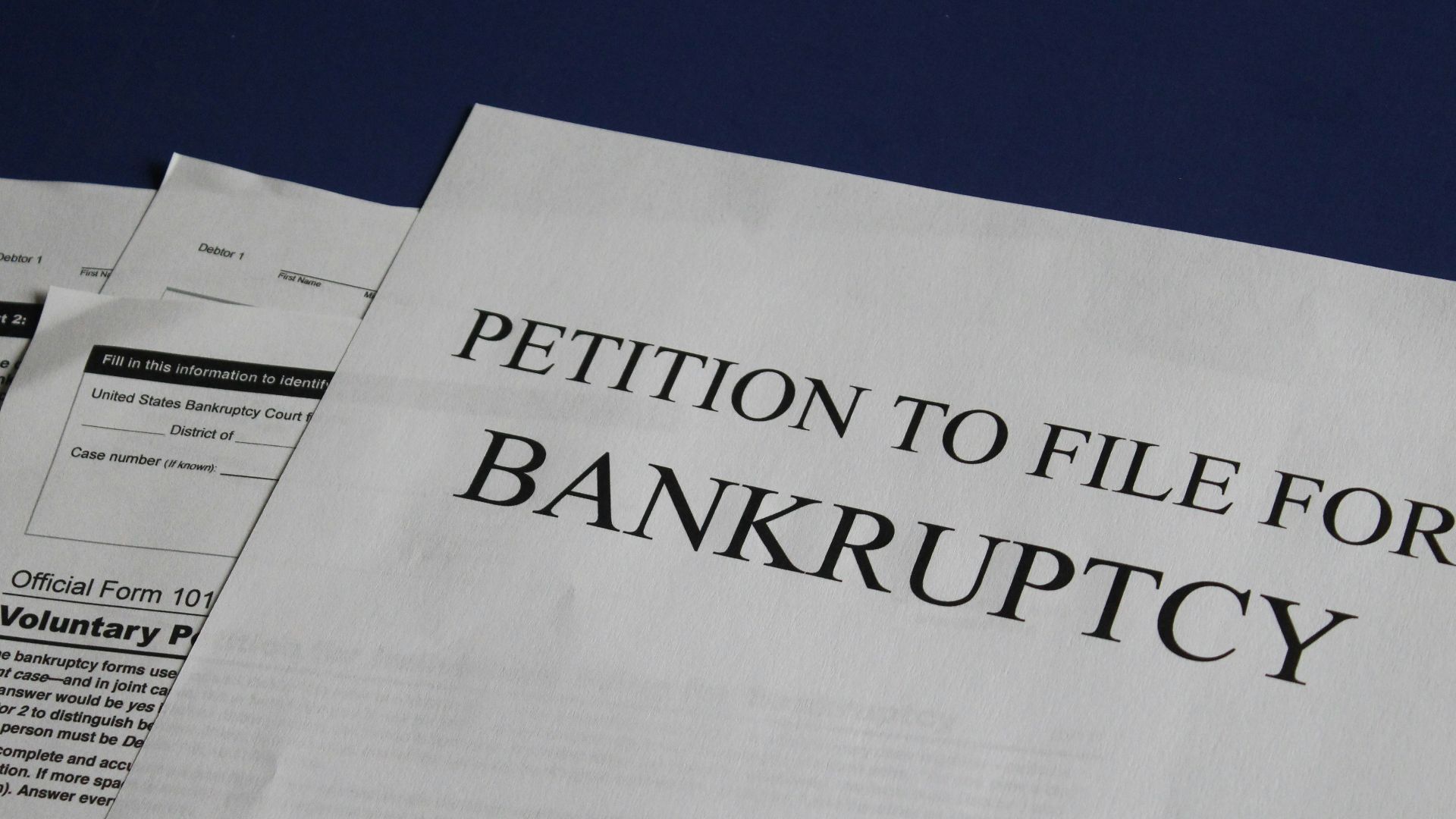A Tough Situation
You were off for several months on disability with a broken leg. Because your disability payments didn’t cover all your expenses, you ended up going into debt. Now that you’re being eased slowly back into the work schedule, you don’t have enough hours to pay off the debt you accrued on the credit cards. This is a tough situation to be in, but let’s look at what options you have to turn the tables and get back ahead of the game.
Tally Up The Full Scope Of Your Debt
Start by gathering all statements from your credit cards. Record balances, interest rates, and minimum payments. Knowing exactly how much you owe at what rate will give you some clarity and help you prioritize. A lot of people underestimate the total until they see it in writing, so take control of things and get this painful first step out of the way.
Talk To Your Credit Card Issuers Immediately
Don’t wait until you’ve missed multiple payments. Call your credit card companies and let them know your situation honestly. Many issuers have hardship programs that can ease off on your minimums, lower interest rates, or even temporarily put payments on hold. Be proactive, and honest with creditors and this could prevent late fees or damage to your credit score.
Look Into Hardship Programs And Relief Options
Hardship programs are not that well publicized, but they can make a big difference. You might be offered lower interest rate or payment deferrals for six to twelve months. Ask about income-driven repayment options or assistance tied to medical recovery. These kinds of arrangements can keep your account up to date and ease short-term pressure.
Put Your Essential Expenses First
It’s normal to stress out over debt, but you still have to cover the basics like rent, food, and utilities before tackling credit card balances. If your income is down because of reduced hours, just make sure your survival essentials are met. Debt can be negotiated, but missed essentials like housing can spiral into a crisis situation if you’re not careful.
Build A Bare-Bones Budget
Draw up a temporary budget that deals only with necessities. Get rid of streaming services, dining out, and all subscriptions until you can get back on your feet. It might feel restrictive in the beginning, but it’s only temporary and helps redirect cash flow toward more immediate obligations. By cutting out discretionary expenses, you free up money for minimum debt payments or negotiations.
Make Up A Debt Management Plan
Nonprofit credit counseling agencies often offer debt management plans. These programs consolidate your payments into one monthly sum, while agencies negotiate lower interest rates with creditors. Unlike debt settlement, these plans don’t damage your credit as badly and give you a structured, reliable way out from under the debt mountain.
Stay Away From Payday Loans From Quick Cash Traps
When you’re tight on cash, you might be tempted to take out a payday loan or cash advance. These options come with very high fees and interest rates, which only makes the problem worse. Short-term relief can suddenly transform into a long-term cycle of dependency that’s extremely difficult to get out of. Avoid these types of measures completely and focus on safer, properly-structured debt relief alternatives.
Negotiate With Creditors Directly
Sometimes creditors will accept a lump-sum settlement for less than what you owe. If you can save up or borrow privately from supportive family members, you may be able to settle the account for a fraction of the balance. Make sure you get any settlement agreement in writing before you send payment to avoid future disputes.
Balance Transfer Card
If your credit is still in decent shape, you should look into balance transfer credit cards offering zero-percent interest for an introductory period. This can give you time to pay down the principal instead of getting hammered by the interest. Be cautious, though: balance transfers often come with fees, and late payments will cancel the promotional rate.
Consolidate With A Personal Loan
Another option would be to consolidate the credit card debt into a personal loan at a lower interest rate. This would replace the multiple high-interest accounts with one manageable payment. Banks, credit unions, and online lenders may offer these kinds of loans. Compare the terms carefully before you switch one financial burden for another.
 Photo By: Kaboompics.com, Pexels
Photo By: Kaboompics.com, Pexels
How Can You Increase Your Income?
Reduced hours limit your earnings, so consider temporary side gigs or freelance work. Even small additional income sources can make a big difference in meeting your minimums or building an emergency fund. Focus on flexible, low-stress options that don’t affect your health while you continue bouncing back from your injury.
Seek Out A Nonprofit Credit Counselor
Certified nonprofit credit counseling agencies offer free or low-cost guidance. They’ll review your budget, debt, and options, and give you a neutral perspective. Counselors can recommend the best option to choose, whether it’s a debt management plan, consolidation, or even bankruptcy. Having your situation reviewed by a professional will bring clarity through the fog.
Understand How It Affects Your Credit Score
Missed payments hurt your credit score, but not permanently. Payment history is the largest portion of your score, which is why it’s so important for you to get back on track. Keep in mind that short-term damage can often be fixed by consistent payments later; don’t let fear paralyze you into inaction.
Avoid Debt Settlement Companies With High Fees
Debt settlement firms often sell their services aggressively, promising to slash your balances. In reality, they charge exorbitant fees, advise you to stop payments, and risk lawsuits or severe credit damage. If you want to settle your debts, you can deal with creditors for free instead of paying a middleman.
Consider Bankruptcy As A Last Resort
If the debt gets out of control, bankruptcy may very well be a legal safety net. Chapter 7 can discharge unsecured credit card debt, while Chapter 13 offers structured repayment. Bankruptcy will severely impact your credit but also provides a reset when other options fail. Talk to a bankruptcy attorney before you take a major step like this.
Protect Yourself From Harassment By Collection Agencies
If your accounts go delinquent, debt collectors may start contacting you. Remember that you have rights under the Fair Debt Collection Practices Act. Collectors can’t harass, threaten, or contact you at odd hours. Know your rights and get written validation of any debt before agreeing to payments or settlements.
Community And Employer Resources
Some employers offer financial wellness programs, while community nonprofits offer emergency grants or rent assistance. While these are honestly a long shot, and they won’t get rid of your debt, they can free up cash for credit card payments. You can ask HR or local organizations for help with this. There are a lot of programs out there specifically designed for temporary hardships.
Focus On Getting Yourself Better
Recovering from an injury while you’re stressed out about debt can affect your overall well-being. Remember that improving your income potential depends on keeping yourself healthy enough to work. Build a balanced plan that takes into account your physical recovery and your financial obligations. Ignoring either one risks setbacks in both areas.
Create An Emergency Fund For The Future
Even while paying down debt, try to set aside small amounts for emergencies. A $500 buffer can ease the need to rely on credit cards when unexpected expenses come up. Over time, building this fund will lower your stress level and break the cycle of debt accumulation after medical or income setbacks.
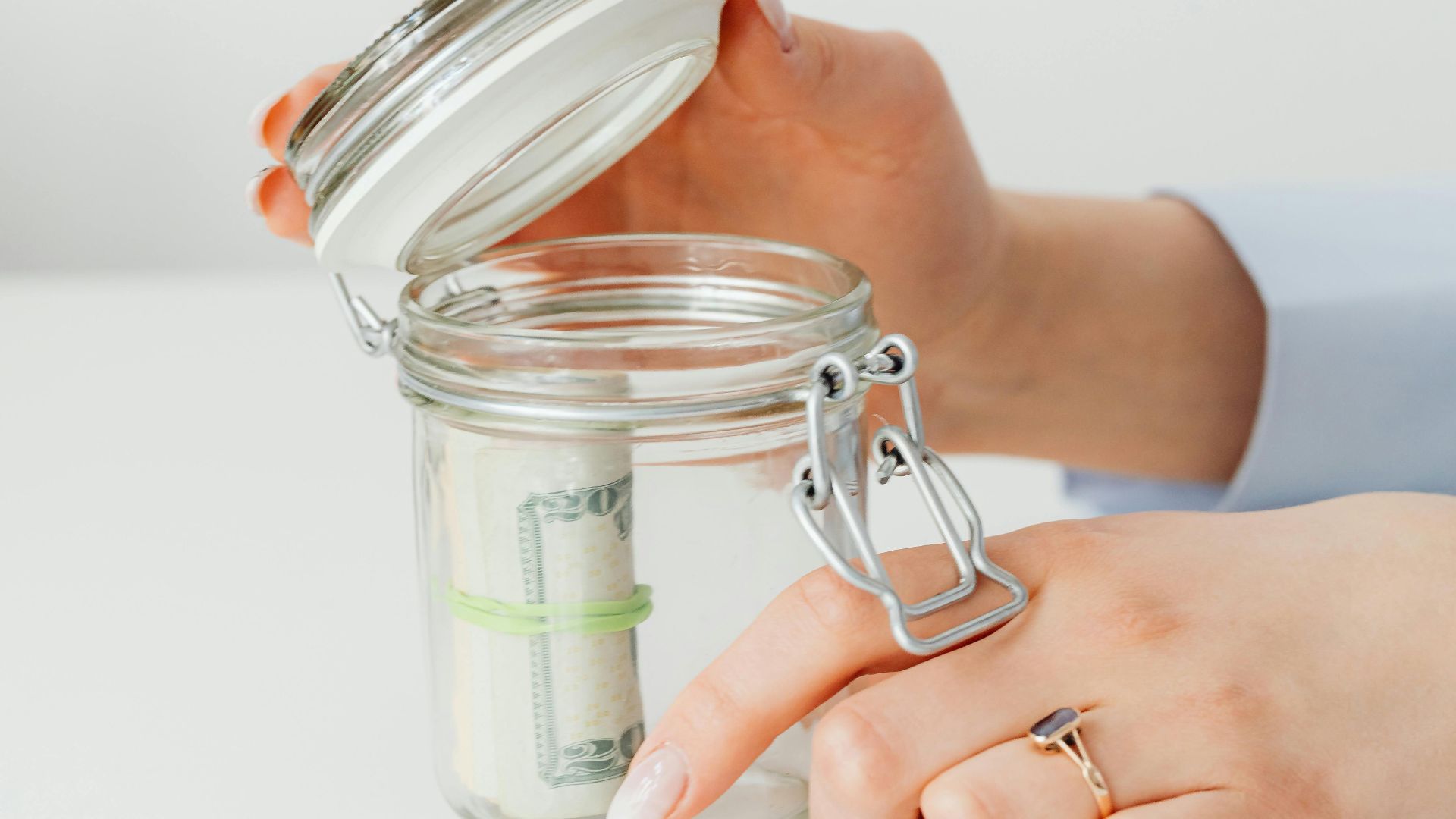 Photo By: Kaboompics.com, Pexels
Photo By: Kaboompics.com, Pexels
Build Resilience Through Long-Term Habits
Your current situation is a challenge, but it’s temporary. While you’re budgeting, negotiating, and seeking help, you’re also building long-term financial skills. These habits will protect you from more crises in the future. Even after you get your debt paid off, keep using the lessons you’ve learned to build your financial resilience and peace of mind.
You May Also Like:







